Breadcrumb
- Home
- Archive & History
- History
- Notable Middle Templars
Archive & History
- Archive - Information & Access
- Archive of the Month
-
History
- The Knights Templar
- Beginnings & the Medieval Inn
- Middle Temple under the Tudors
- The Seventeenth Century - Fire & War
- The Eighteenth Century - Stagnation and Neglect
- The Nineteenth Century - Revolution and Revitalisation
- The Twentieth Century: Destruction and Renewal
- The Inn Today
- Notable Middle Templars
- Black Middle Templars: Past and Present
- Oral History Project
- Interactive 3D Historical Tour
Notable Middle Templars
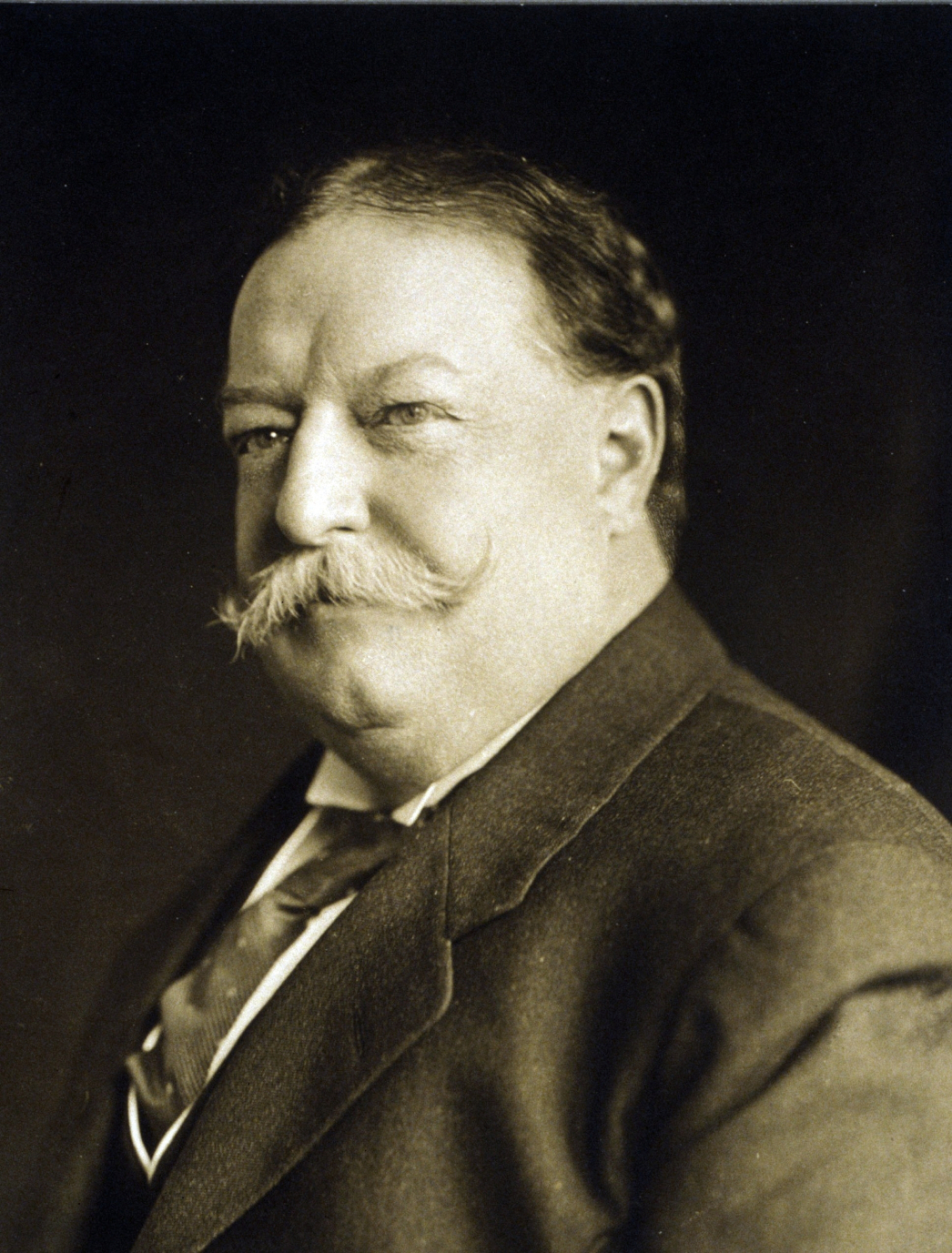
-
27th President of the United States of America and Chief Justice
Taft was born in 1857 and is the only person to have served both as President and as Chief Justice of the United States. He attended Yale and trained as a lawyer. He was appointed a judge while still in his twenties and Solicitor-General at the age of thirty-two. Taft later served as a Governor of the Philippines and Secretary of War, before being elected President in 1908. After a difficult presidency, he failed in his bid for re-election in 1912. He was appointed Kent Professor Law and Legal History at Yale the following year and in 1921 he was appointed Chief Justice, serving until his death in 1930. Taft was made an Honorary Bencher of the Inn in 1922.
© Shutterstock.com
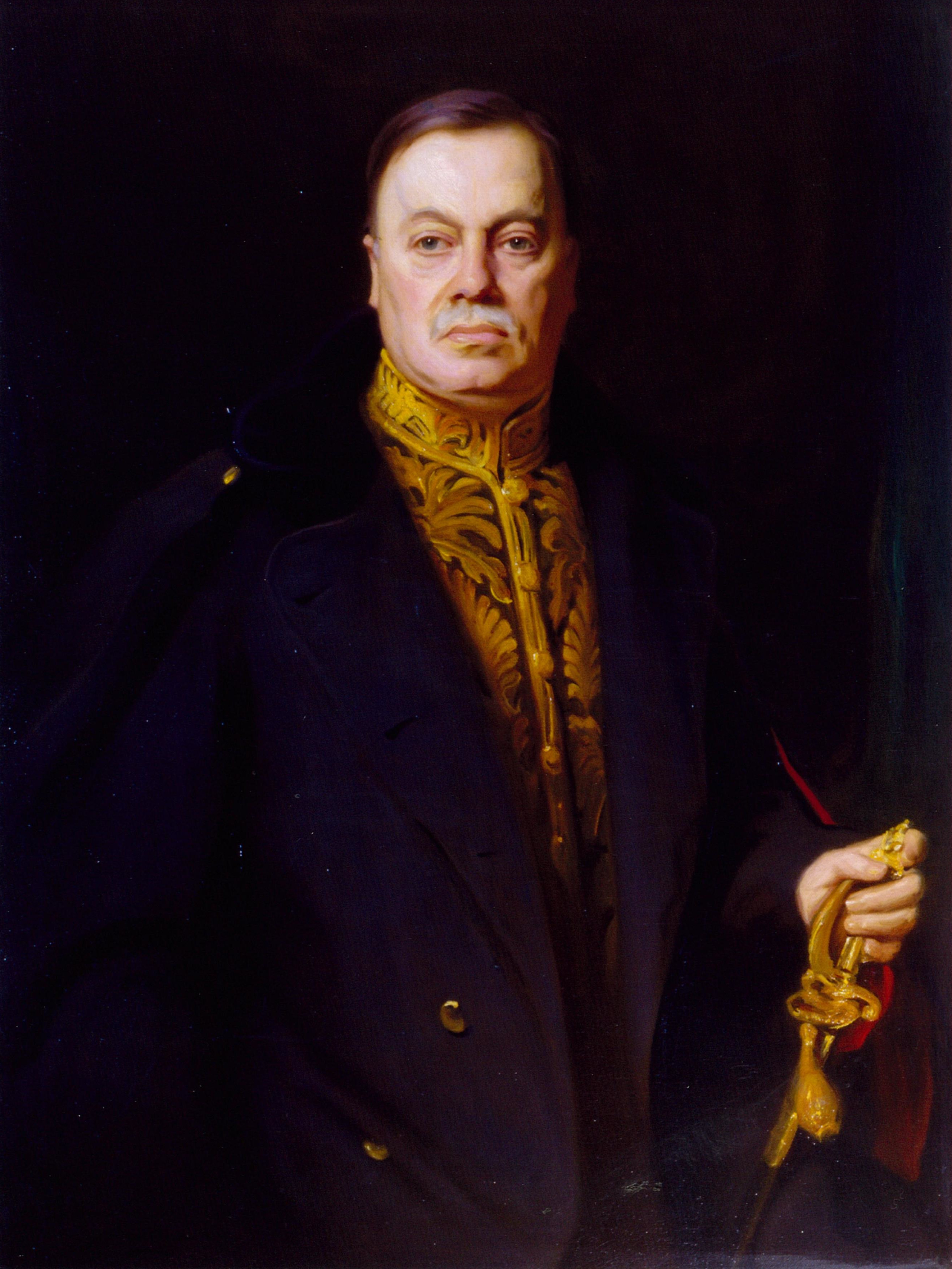
-
Newspaper proprietor and benefactor of the Inn
Harold Harmsworth was born in 1868, the son of Alfred Harmsworth, a barrister and Middle Templar, and the younger brother of the newspaper mogul Alfred Harmsworth. In 1888 he joined Alfred's newspaper company and later went on to launch the Daily Mail and the Daily Mirror. He also served in government during the First World War and continued his involvement in politics and other activities, some controversial then and now, through his newspapers in later decades. He was a significant benefactor of the Inn, establishing the Harmsworth Memorial Fund in 1924 and giving a significant collection of 16th and 17th century silver. These gifts continue to benefit the Inn and its members to this day.
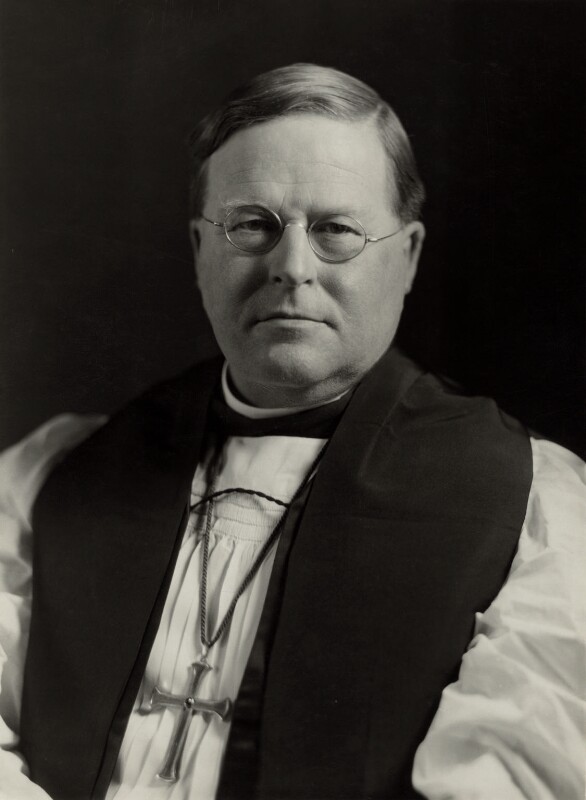
-
Archbishop of Canterbury
William Temple was born in Exeter in 1881, the son of Frederick Temple, Bishop of Exeter and later Archbishop of Canterbury. Educated at Rugby School and Balliol College, Oxford, he lectured at Oxford and was headmaster of Repton School from 1910-1914. He later served as a parish priest in London, and was appointed Bishop of Manchester in 1921, in which capacity he actively promoted measures of social improvement and fought for the interests of workers. Despite his prominent support for the Labour party, he was made Archbishop of York in 1929 by the Conservative Government, and took office as Archbishop of Canterbury in 1942, being Called as an Honorary Bencher of the Inn in the same year.
William Temple by Bassano Ltd. Bromide print, 17 March 1936. NPG x85079 © National Portrait Gallery, London
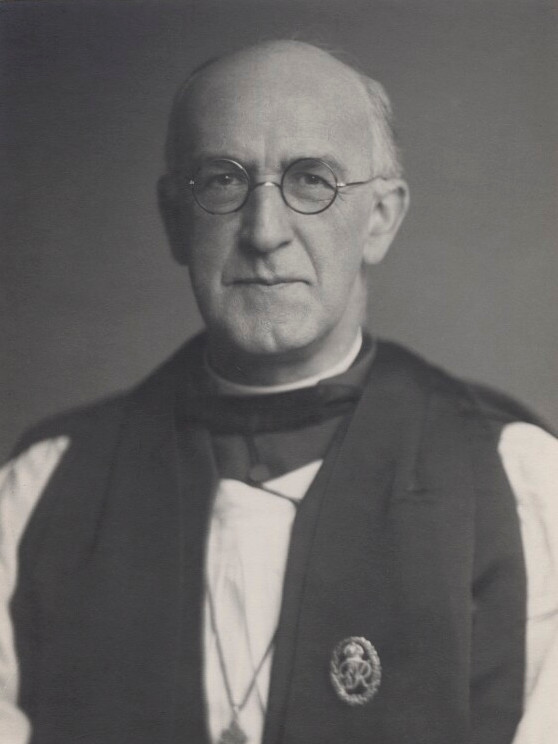
-
Archbishop of Canterbury
Geoffrey Fisher was born in 1887 and educated at Marlborough and Oxford. He became a priest in 1913 and Headmaster of Repton School in 1914. He was appointed Bishop of Chester in 1932 and of London in 1939, and then succeeded William Temple as Archbishop of Canterbury in 1944. Fisher served until 1961, presiding at the Coronation of Elizabeth II, and in 1960 was the first Archbishop of Canterbury to meet with the Pope since the English Reformation. He was made an Honorary Bencher in 1945.
Geoffrey Francis Fisher, Baron Fisher of Lambeth by Walter Stoneman. Bromide print, 1945. NPG x167551 © National Portrait Gallery, London. This image has been cropped and is licenced under a Creative Commons Attribution-NonCommercial-NonDerivs 3.0 Unported Licence. https://creativecommons.org/licenses/by-nc-nd/3.0/legalcode
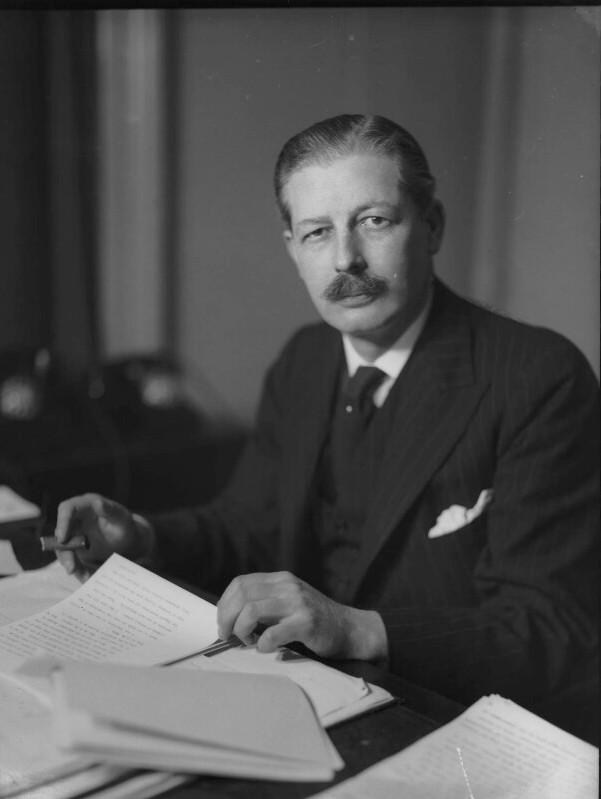
-
Conservative Prime Minister of the United Kingdom of Great Britain and Northern Ireland
Macmillan was born in 1894 and served on the front line in France during the First World War, fighting in engagements such as the First Battle of the Somme in 1916. He held various ministries under Churchill during the Second World War and succeeded Anthony Eden as Prime Minister in 1957. He was made an Honorary Bencher of the Inn the following year. Macmillan served until 1963, after which he involved himself in his family's Macmillan publishing house, and in his retirement was noted for his criticism of various of Thatcher's policies. He was made Earl of Stockton and Viscount Macmillan of Ovenden in 1984.
Harold Macmillan, 1st Earl of Stockton by Elliott & Fry. Half-plate negative, April 1942. NPG x82084 © National Portrait Gallery, London. This image has been cropped and is licenced under a Creative Commons Attribution-NonCommercial-NonDerivs 3.0 Unported Licence. https://creativecommons.org/licenses/by-nc-nd/3.0/legalcode
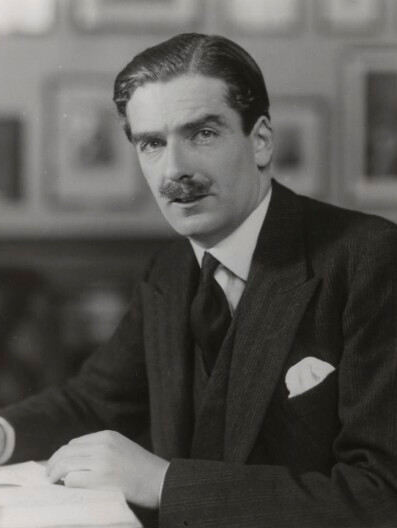
-
Conservative Prime Minister of the United Kingdom of Great Britain and Northern Ireland, wartime Foreign Secretary
Eden was born into the landed gentry in 1897 and was educated at Eton. He served in the First World War, during which he was awarded the Military Cross and fought at the Somme. After the war, he studied Oriental Languages at Oxford and was elected as a Conservative MP in 1923. He served as Foreign Secretary from 1935 to 1938, when he resigned in protest at Chamberlain's appeasement of Hitler. Eden returned to the Cabinet under Churchill, played a number of important wartime roles, and after the war became Churchill's deputy. He was made an Honorary Bencher of the Middle Temple in 1952. He eventually took over as party leader and Prime Minister in 1955, but his initially popular premiership was scuppered by the Suez crisis, which forced his resignation and retirement in 1957. He died twenty years later in 1977.
Anthony Eden, 1st Earl of Avon by Bassano Ltd. Bromide print, 17 November 1931. NPG x84149 © National Portrait Gallery, London. This image has been cropped and is licenced under a Creative Commons Attribution-NonCommercial-NonDerivs 3.0 Unported Licence. https://creativecommons.org/licenses/by-nc-nd/3.0/legalcode
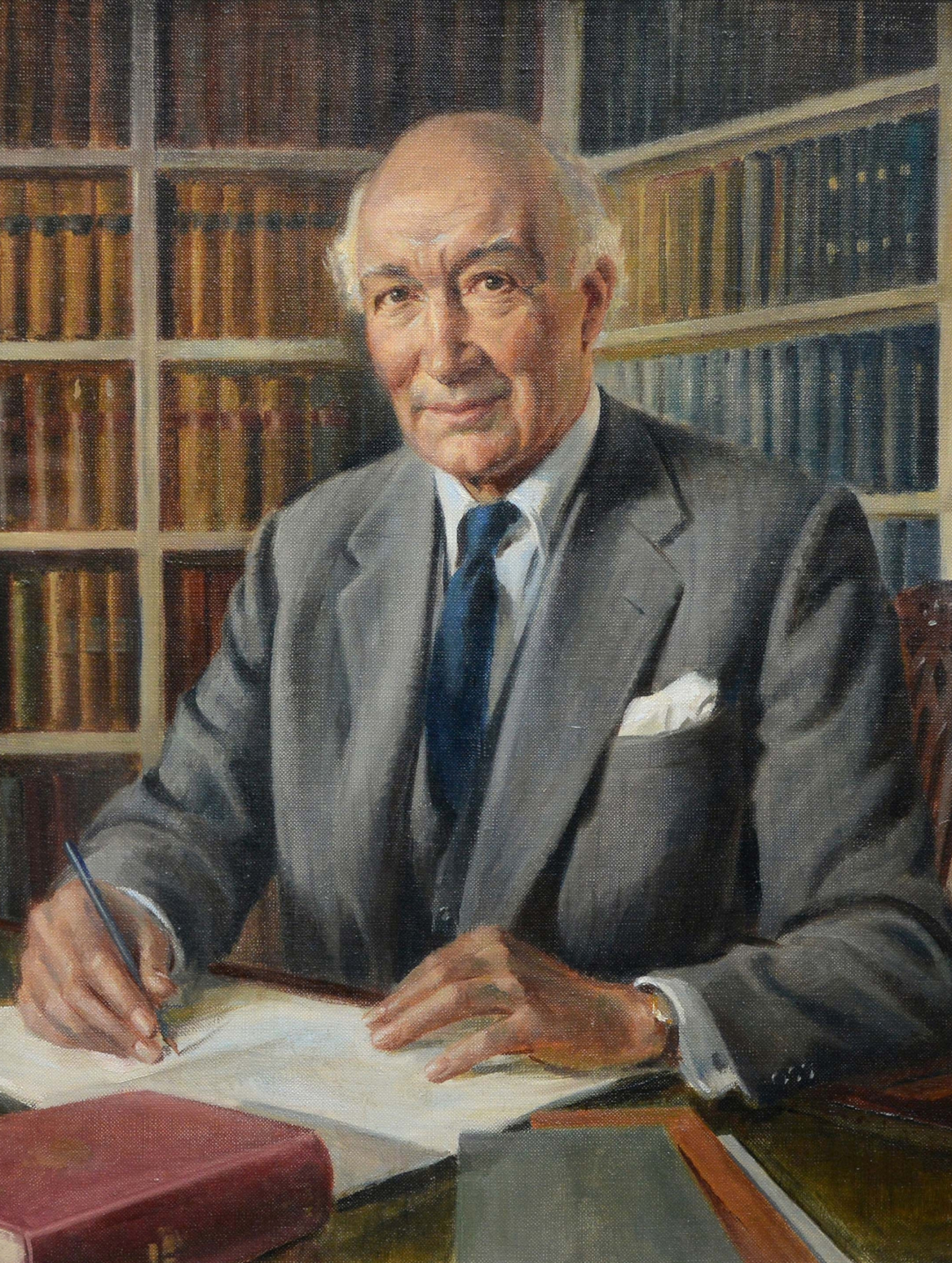
-
Lawyer and judge known as 'The People's Judge'
Alfred Thompson ‘Tom’ Denning was born in 1899 in Hampshire and studied mathematics at Oxford. His studies were interrupted by service in the First World War. After undertaking further study in Jurisprudence, he was admitted to Lincoln's Inn in 1921 and was Called in 1923. After just over twenty years at the Bar, he was appointed a High Court Judge in 1944 and then a Lord Justice of Appeal in 1948, a position in which he made several notable judgements. He continued to build his reputation in the House of Lords as a Law Lord before becoming Master of the Rolls in 1962, a position he held until retirement in 1982. He was made an Honorary Bencher of the Inn in 1972, and is remembered for his individualism and boldness.
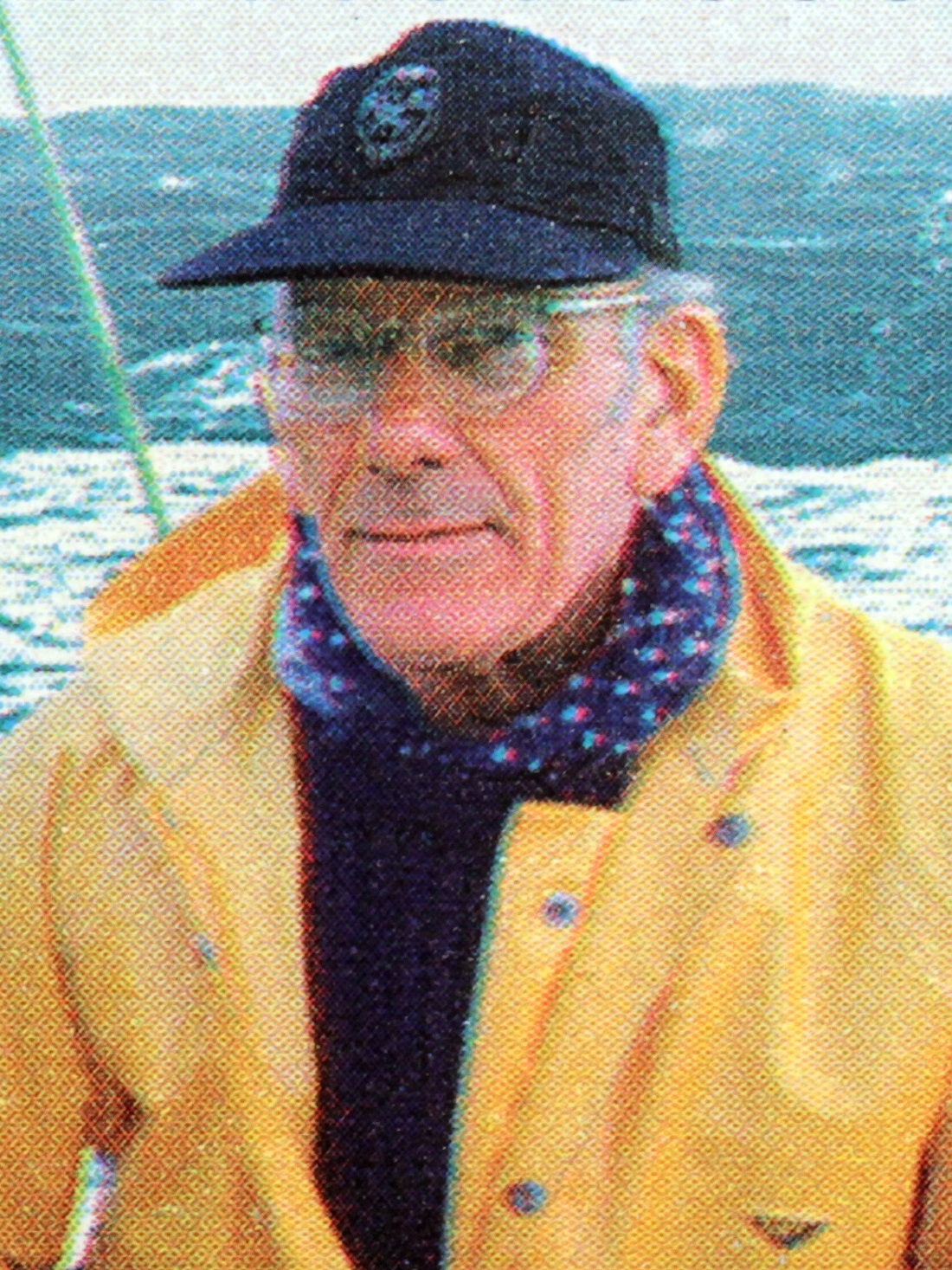
-
Aviator and sailor
Francis Chichester was born the son of a clergyman in 1901, and after his education emigrated to New Zealand where he became a successful businessman. Returning to England in 1929 during the Great Depression, he learnt to fly and began to attempt world records. He was involved in flight navigation during the Second World War and in the 1950s and 1960s became a keen yachtsman, becoming the first person to circumnavigate the world solo by the 'clipper route'. He was made an Honorary Bencher in 1967. The hatch cover from his yacht is displayed in the Prince’s Room.
© Sergey Goryachev / Shutterstock.com
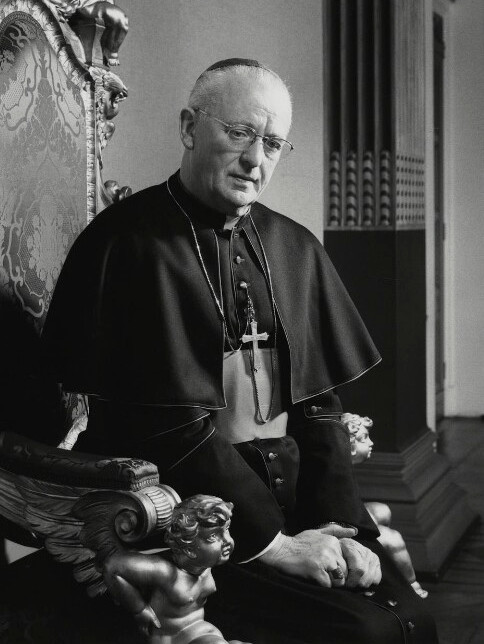
-
Prominent Roman Catholic Cardinal, Archbishop of Westminster
Cardinal John Heenan was a prominent Englishman in the Roman Catholic Church. Born in Ilford, he was ordained in 1930 and was appointed Bishop of Leeds in 1951. He became Archbishop of Westminster in 1963, took part in the Second Vatican Council, and became a Cardinal in 1965. He was made an Honorary Bencher in 1968.
John Carmel Heenan by Godfrey Argent. Bromide print, 24 February 1969. NPG x166008 © National Portrait Gallery, London. This image has been cropped and is licenced under a Creative Commons Attribution-NonCommercial-NonDerivs 3.0 Unported Licence. https://creativecommons.org/licenses/by-nc-nd/3.0/legalcode
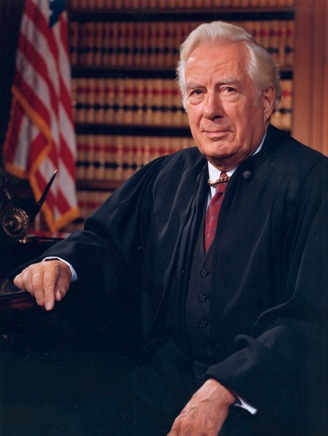
-
Chief Justice of the United States of America
Burger was born in 1907 in Saint Paul, Minnesota, and attended St. Paul College of Law in 1931. After a lengthy judicial career, he was made Chief Justice of the United states in 1969, an office he held until 1986. He was made an Honorary Bencher in 1971. In 1974 one of his court rulings played a pivotal role in President Nixon’s resignation after the Watergate Scandal.
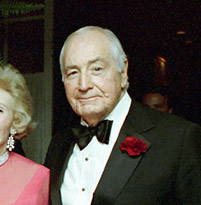
-
American publisher, philanthropist and diplomat
Walter Annenberg was born in 1908 and took over his family's media businesses following his father's death in 1942. He greatly expanded his publishing empire over the following years, became involved in politics, and was appointed US Ambassador to the UK in 1969 by Richard Nixon. He donated considerable sums of money to educational, cultural and civic institutions. He was made an Honorary Bencher in 1969 and died in 2002.
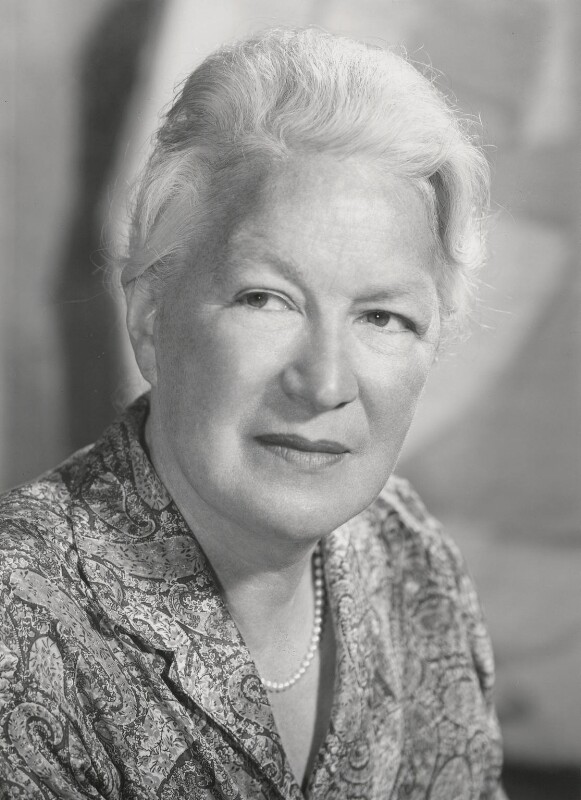
-
Historian
Cicely Wedgwood was born in Northumberland, a descendant of the pottery entrepreneur Josiah Wedgwood. After reading classics and modern history at Lady Margaret Hall, Oxford, she became a noted specialist in European sixteenth and seventeenth century history, in particular the English Civil War, on which she wrote a great many successful books. Well respected in academic circles, she was also a successful broadcaster, being invited by the BBC to present her impressions of the coronation of Queen Elizabeth II in 1953. She became the third woman to be appointed a member of the Order of Merit in 1969, and was elected an Honorary Bencher of the Inn in 1978.
Dame Cicely Veronica Wedgwood by Godfrey Argent. Bromide print, 8 April 1969. NPG x21964 © National Portrait Gallery, London.
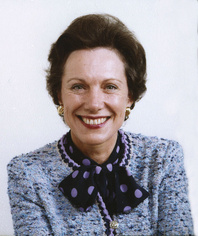
-
U.S. diplomat and Republican politician
Born in New Orleans, Louisiana and educated at Vassar College, Anne moved to Texas in 1950 and established herself in Republican politics. She served as Vice Chairman of the Texas Republican Party from 1966-1968 and Co-Chairman of the RNC from 1971-1973. Named Counsellor to President Nixon in 1972 (continuing in the role under Gerald Ford), she later made history as the first female United States Ambassador the United Kingdom, appointed in 1976, being Called as an Honorary Bencher of the Inn in that year. Awarded the Presidential Medal of Freedom in 1987, she served on the boards of many US corporations and non-profit organisations and was a member of the Founding Council of the Rothermere American Institute. She died in Houston in 2008.
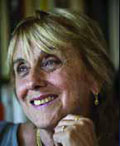
-
Historian
Lisa Jardine (née Bronowski) was born in Oxford, the daughter of mathematician Jacob Bronowski, and was educated at Cheltenham Ladies’ College and Newnham College, Cambridge, where she moved to studying English in her final year. Fluent in 8 languages, her PhD thesis at Cambridge was on Francis Bacon: Discovery and the Art of Discourse and she later became Professor of Renaissance Studies at Queen Mary, University of London; a Fellow of the Royal Historical Society; and a Fellow of King’s College, Cambridge. A trustee and patron of many historical and cultural organisations, Jardine was a Member of Council of the Royal Institution and was the founding director in 2009 of UCL’s Centre for Interdisciplinary Research in the Humanities. Appointed a Director of the National Archives in 2011 and elected an Honorary Bencher of the Inn in 2012, she authored seventeen full-length books and more than fifty scholarly articles in her lengthy career.
© The Royal Society. This image has been cropped and is licenced under a Creative Commons Attribution-NonCommercial-NonDerivs 3.0 Unported Licence.